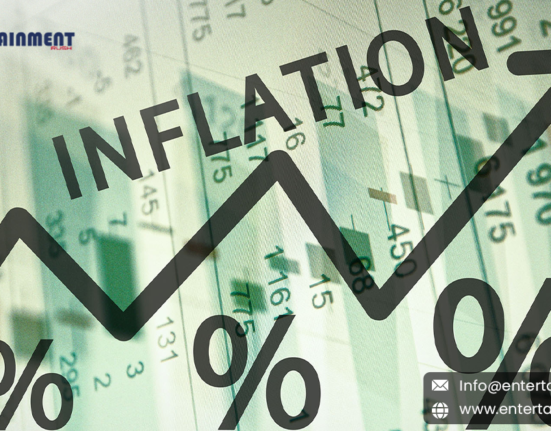In recent months, the U.S. economy has demonstrated surprising resilience and growth, surpassing many economic forecasts. A key element in this impressive performance is the impact of immigration. This blog delves into how immigration has contributed to the U.S. economy’s exceeding expectations and explores the various ways in which this dynamic factor has influenced economic outcomes.
Economic Performance Beyond Projections
The U.S. economy’s performance has consistently exceeded expectations, reflecting a robust and adaptive economic environment. Key indicators such as GDP growth, employment rates, and consumer spending have all shown positive trends. However, one of the most notable factors contributing to this success is the role of immigration.
The Impact of Immigration on Economic Growth
Immigration as a Key Factor in the U.S. economy involves several significant contributions:
Labor Market Dynamics:
Immigrants have been instrumental in filling labor shortages across various industries, from technology and healthcare to agriculture and hospitality. By addressing gaps in the labor market, immigrants have helped drive productivity and economic expansion.
Entrepreneurship and Innovation:
Immigrants contribute significantly to entrepreneurship, starting businesses at higher rates than native-born individuals. These new ventures not only create jobs but also drive innovation and competitiveness in the economy.
Demographic Balance:
Immigration helps balance demographic shifts, such as an aging population. By increasing the working-age population, immigrants support the sustainability of social programs and contribute to long-term economic stability.
Sector-Specific Contributions
Different sectors of the economy have benefited uniquely from immigration:
Technology Sector:
The technology industry has seen substantial growth due to the influx of skilled immigrants. Tech companies rely on international talent to drive innovation and maintain their competitive edge in a rapidly evolving field.
Healthcare Industry:
Immigrants have played a critical role in healthcare, particularly in roles such as doctors, nurses, and caregivers. Their contributions are essential to meeting the growing demand for healthcare services and improving patient outcomes.
Agriculture and Hospitality:
These sectors often rely on immigrant labor to perform essential tasks. Immigrants support the agriculture industry’s productivity and the hospitality industry’s service levels, contributing to overall economic health.
Policy and Public Perception
The relationship between immigration and economic performance also involves policy and public perception:
Immigration Policies:
Changes in immigration policies can have significant effects on economic outcomes. Policies that facilitate skilled immigration and provide pathways for legal employment contribute positively to economic growth.
Public Perception:
Public attitudes towards immigration influence policy and economic impacts. Positive recognition of the contributions of immigrants can foster a more inclusive environment that supports economic expansion.
Challenges and Considerations
While immigration has had a largely positive impact, there are challenges and considerations to address:
Integration and Support:
Ensuring that immigrants are effectively integrated into the labor market and society is crucial. Providing support in areas such as education, language training, and legal assistance can enhance their contributions.
Economic Disparities:
Addressing potential disparities and ensuring that the benefits of immigration are widely shared across different communities is important for maintaining social cohesion and economic equity.
The U.S. Economy Exceeds Expectations, with Immigration as a Key Factor highlights the significant role that immigration has played in driving economic success. By contributing to labor market needs, fostering entrepreneurship, and supporting key industries, immigrants have been a vital component of the economy’s positive performance.
As the U.S. economy continues to evolve, understanding the influence of immigration will be crucial for shaping policies and strategies that sustain growth and innovation. Recognizing and supporting the contributions of immigrants can help ensure that the economy remains dynamic and robust, exceeding expectations for years to come.










Leave feedback about this